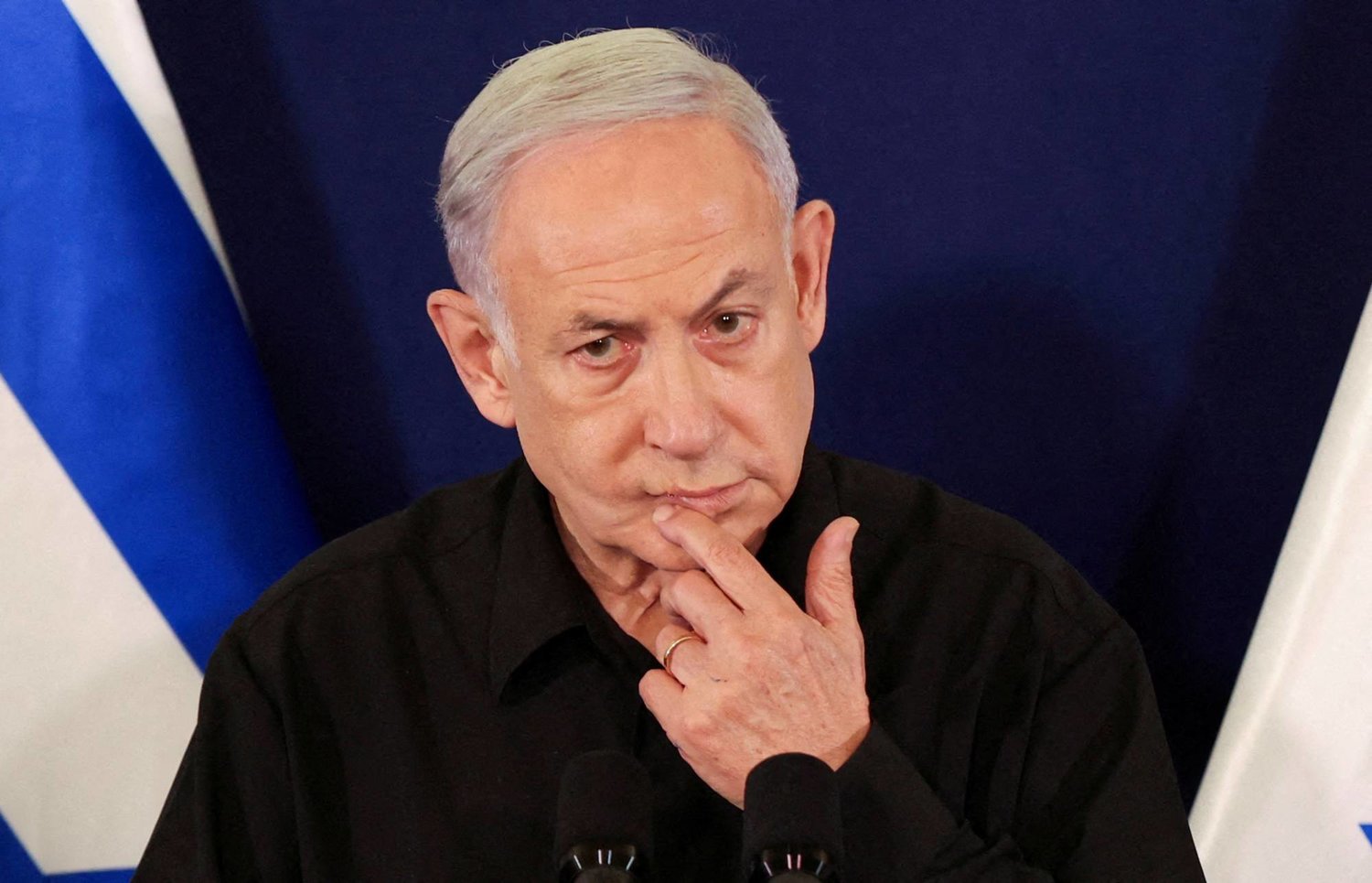In an unprecedented and bewildering turn of events, Israel has rejected its own ceasefire proposal, leaving international observers and diplomatic circles in utter confusion. The proposal, initially put forward by a faction within the Israeli government, was intended to bring a temporary halt to the ongoing hostilities in Gaza. However, the same government swiftly voted against its implementation, creating a paradoxical situation that has baffled many.
The Proposal
The ceasefire proposal emerged from a coalition of moderate and opposition members within the Israeli government who argued that a temporary cessation of hostilities would allow for humanitarian aid to reach civilians in Gaza and provide a window for diplomatic efforts. “We believe that a brief ceasefire is necessary to mitigate the humanitarian crisis and open channels for negotiation,” said one of the proposal’s architects.
The Rejection
In a dramatic turn of events, the proposal was brought to the Knesset for a vote, only to be rejected by a narrow margin. The rejection was led by hardliners within the government, including Prime Minister Benjamin Netanyahu, who argued that a ceasefire would be interpreted as a sign of weakness and could embolden militant groups. “Our priority is the security of our citizens, and we cannot afford to show any sign of hesitation,” Netanyahu stated.
International Reactions
The international community has reacted with a mix of disbelief and frustration. “This is a unique situation where a country is both the proposer and the rejecter of a ceasefire,” commented a UN spokesperson. “It underscores the deep divisions within the Israeli government and complicates efforts to achieve peace.”
Social Media Frenzy
Social media has erupted with reactions to this bizarre development. Hashtags like #CeasefireParadox and #IsraeliInception have trended globally. One viral tweet read, “Only in Israel can you propose a ceasefire and then reject it yourself. This is some next-level diplomatic gymnastics.”
Expert Opinions
Political analysts and experts have weighed in on the situation, highlighting the internal political dynamics that led to this outcome. “This episode reflects the intense power struggle within the Israeli government,” said Dr. Ruth Cohen, a political science professor. “The rejection of the ceasefire proposal by the same government that proposed it indicates a lack of coherent strategy and deep-seated ideological divisions.”
Moving Forward
As the conflict continues, the paradox of Israel rejecting its own ceasefire proposal adds a new layer of complexity to an already volatile situation. The Crustian Daily will continue to provide updates on this developing story, shedding light on the internal and external ramifications of this unique diplomatic incident.
This situation serves as a stark reminder of the intricate and often contradictory nature of international diplomacy. As the world watches, the hope remains that a path to peace and stability can still be found amidst the confusion. Stay tuned for more updates on this and other significant global events.

